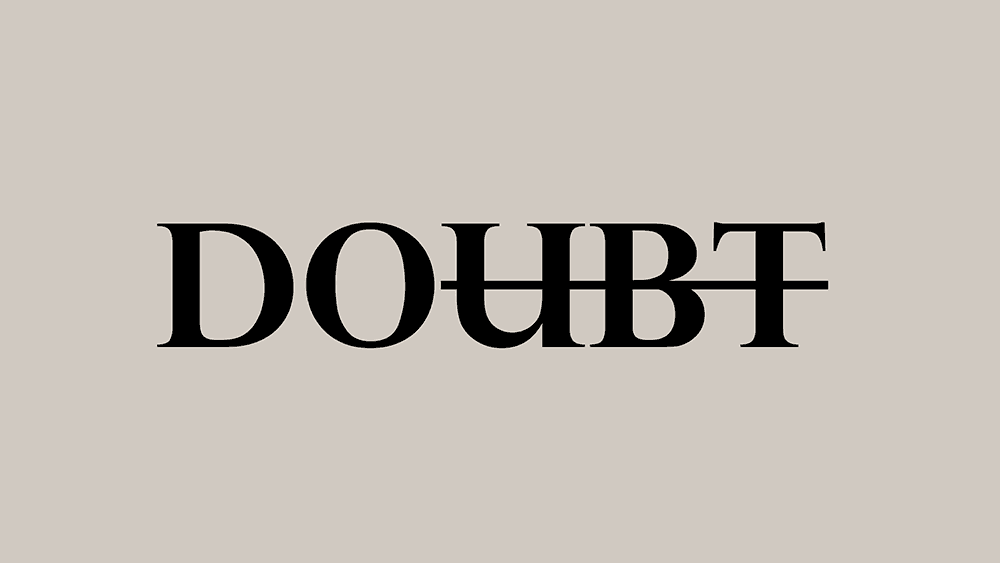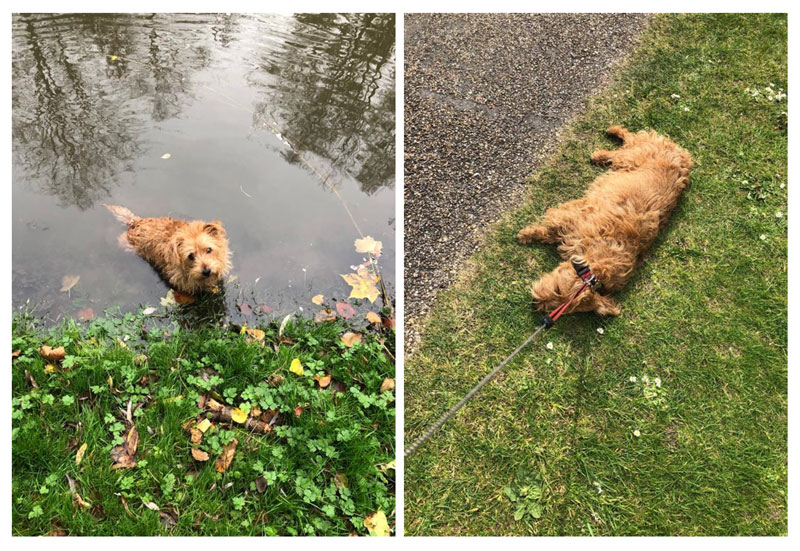You get to the end of a piece of work, you’ve checked it over, run the spell checker, checked it again, checked everything is aligned properly, checked it again, read it aloud to check the grammar, checked it again. You think it’s looking great and perhaps it is ready to share with the client. But as a final check, you send it to a colleague to QC and there it is… all your bullet points have no full stop at the end except one. How many other inconsistencies have crept through? Great start to a bad day, right…?
As you know, our brains are so clever that they will automatically correct errors we have made so we simply do not see them. That’s amazing, isn’t it? Yet we automatically lean towards chastising ourselves for these minor errors even when it is our own incredible minds that override us. What is a perfectionist like me to do?

In my time at Makara, I have learned so much about what it means to work together as a team, and utilise the incredible power of the QC. Within the Client Services Team it is not unusual for us to openly discuss the seemingly simplest of tasks so that we can attack a job from all angles and aim for the smartest outcome. Acknowledging the areas that you struggle with is not a display of weakness, it is a display of strength, and utilising all the skills of the people around you means a swifter and more robust answer to the challenge you are looking at. When writing blog pieces I will always send them over to my friend and colleague Gina Gough. Her interest in writing and editing means she is kind when she reminds me that I have a tendency to use too many hyphens… I openly acknowledge that, whilst I can get ideas down on the page, my strength does not lie in finding the best grammar, structure and phrasing. But it is one of her strengths so it makes sense to embrace her skills and use this incredible resource that I have within my own team. At the end of the day, everyone wins when we combine our collective talents.
I’m not going to lie, I do love a QC job. Maybe it is the inner child in me who once pretended to be a teacher, taking the register or marking homework with my red and green biros. I confess that when I receive a QC job from one of my colleagues who is renowned for their attention to detail, there is a small and very discreet celebration when I find an error. We all find reassurance in the fact that even the most intelligent and accomplished people can still make a mistake. I often think of the story that a colleague recently shared about a space rocket launch scuppered by a misplaced character in the coding. That doesn’t mean I gloat about it. I couldn’t write any of the medical material my colleagues do, but I can sniff out an errant double space from 100m away. When we acknowledge our own weaknesses, but can still recognise the strengths both in ourselves and others, then we are on the best path to creating something great.
By working with others who constructively critique our work, we in turn learn to pick up better habits, implementing them in our future work. The editing superhero in your team will help you to become a better writer. And, as you will have no doubt noticed, there are no hyphens in this blog… perhaps I am growing as a writer? (Though I fear she may have something to say about my use of ellipses).





